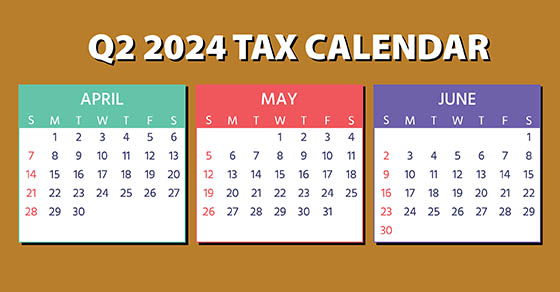If you’re the owner of an incorporated business, you know there’s a tax advantage to taking money out of a C corporation as compensation rather than as dividends. The reason: A corporation can deduct the salaries and bonuses that it pays executives, but not dividend payments. Therefore, if funds are paid as dividends, they’re taxed twice, once to the corporation and once to the recipient. Money paid out as compensation is only taxed once — to the employee who receives it.
However, there are limits to how much money you can take out of the corporation this way. Under tax law, compensation can be deducted only to the extent that it’s reasonable. Any unreasonable portion isn’t deductible and, if paid to a shareholder, may be taxed as if it were a dividend. Keep in mind that the IRS is generally more interested in unreasonable compensation payments made to someone “related” to a corporation, such as a shareholder-employee or a member of a shareholder’s family.
Steps to help protect yourself
There’s no simple way to determine what’s reasonable. If the IRS audits your tax return, it will examine the amount that similar companies would pay for comparable services under similar circumstances. Factors that are taken into account include the employee’s duties and the amount of time spent on those duties, as well as the employee’s skills, expertise, and compensation history. Other factors that may be reviewed are the complexities of the business and its gross and net income.
There are four steps you can take to make it more likely that the compensation you earn will be considered “reasonable,” and therefore deductible by your corporation:
- Keep compensation in line with what similar businesses are paying their executives (and keep whatever evidence you can get of what others are paying to support what you pay).
- In the minutes of your corporation’s board of directors’ meetings, contemporaneously document the reasons for compensation paid. For example, if compensation is being increased in the current year to make up for earlier years in which it was low, be sure that the minutes reflect this. (Ideally, the minutes for the earlier years should reflect that the compensation paid then was at a reduced rate.) Cite any executive compensation or industry studies that back up your compensation amounts.
- Avoid paying compensation in direct proportion to the stock owned by the corporation’s shareholders. This looks too much like a disguised dividend and will probably be treated as such by the IRS.
- If the business is profitable, pay at least some dividends. This avoids giving the impression that the corporation is trying to pay out all of its profits as compensation.
You can avoid problems and challenges by planning ahead. Contact us if you have questions or concerns about your situation.
© 2023





